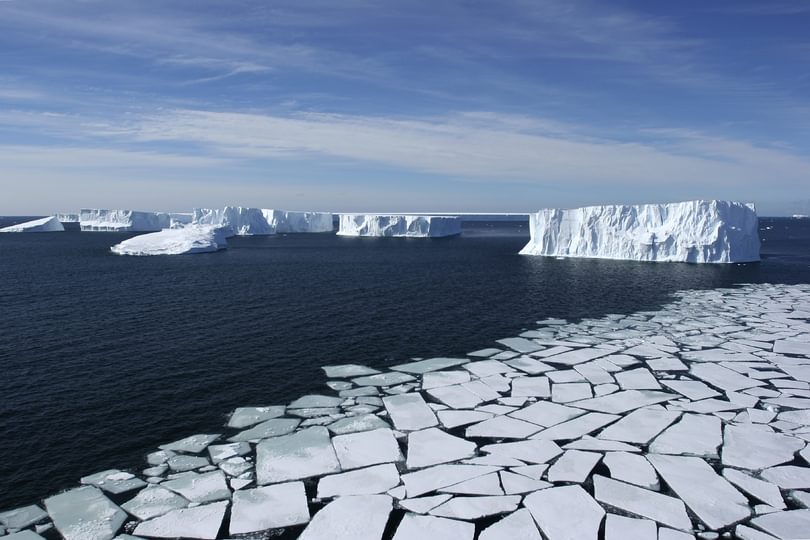
Global warming could reach 1.5°C earlier than anticipated if emissions rise above current levels, Professor Myles Allen has warned, following the publication of the Intergovernmental Panel on Climate Change (IPCC) report on the changes needed to avoid catastrophic climate change.
The report states that any hope of limiting the warming to 1.5°C requires unprecedented changes across all aspects of society – how we eat, travel and produce energy.
Estimates from the report suggest that the 1.5°C threshold could be exceeded as soon as 12 years from now, in 2030. Professor Allen, Co-Director of the Oxford Martin Net Zero Carbon Investment Initiative, led the framing chapter of the report. He said: “If emissions rise above the current level then warming will accelerate, so we might even get to 1.5°C earlier than we anticipated”.
The consequences of 1°C are already apparent, with extreme weather, rising sea levels and melting sea ice already occurring and directly linked to climate change.
The current levels of commitments put the world on a trajectory for 3°C of warming, but if we can limit this to 1.5°C then the gains are huge – 10 million fewer people would be exposed to the risks of flooding at 1.5°C compared to 2°C being just one example.
The report draws on more than 6,000 scientific studies and has taken two years to compile by over 90 authors from 40 countries. It provides an overwhelming consensus from the scientific community that it is hoped will mobilise people to take action, at speed and scale.
The plan is ambitious and will be expensive, and to avoid the most serious damage transformations across the world economy will need to happen within the next few years. For example, renewable energy will need to provide 85% to global electricity by 2050, up from around 25% today.
“Every extra tonne of carbon that we dump into the atmosphere today is a tonne that will have to be scrubbed out at the end of the century,” says Allen.
“We need to start a debate about who is going to pay for it, and whether it’s right for the fossil fuel industry and its customers to be enjoying the benefits today and expecting the next generation to pay for cleaning it up,” Allen says.
The conclusions of the report mirror some of the findings from the '1.5 degrees and beyond' conference held by Oxford's Environmental Change Institute in 2016, to mobilise the research community to explore the consequences of meeting the 2015 Paris Agreement.
In 2018 the ECI compiled a series of high profile papers in the Transactions of the Royal Society B, which explored, among other issues, the science of meeting the targets, the technologies and behavioural changes required to get there, and the inevitable impacts of climate change facing the world’s vulnerable communities.
The conference and journal papers succeeded in playing a major role in setting the research priorities needed for the special report by the IPCC and helped to establish a solid scientific foundation for policy discussions emerging on the subject. Twelve ECI scientists contributed to the IPCC report, providing input into each of the five chapters.
- Professor Allen will speak at the Oxford Martin School on 18 October on 'Planetary warming: is a 1.5 degree target achievable?' - watch the lecture live on our YouTube channel